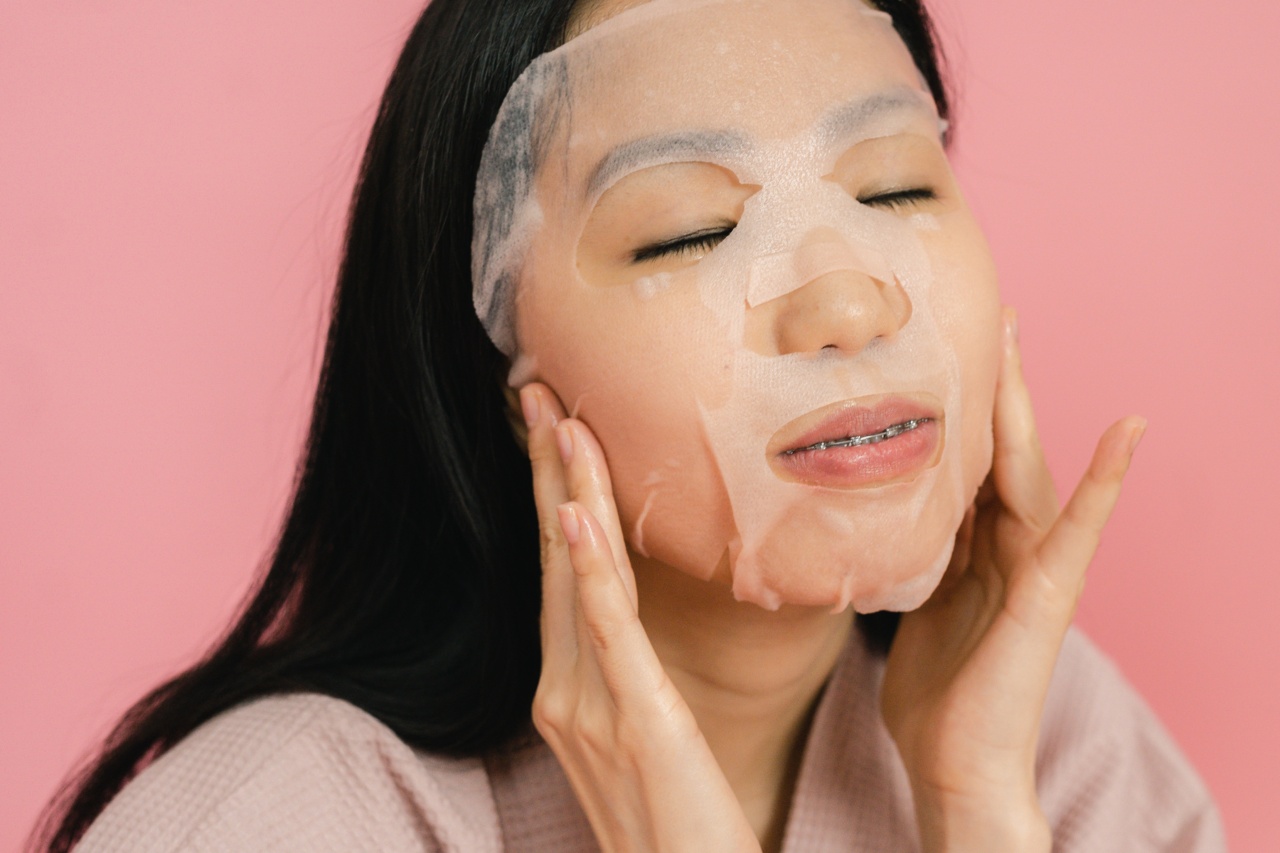Nutrients from a balanced diet is crucial for overall body health. Not only do they keep up the immune system, but the regular consumption of vitamins and minerals prevents the manifestation of various diseases.
However, if the body lacks a specific nutrient, it leads to health complications and nutritional deficiencies. Nutrient deficiencies can show up in many ways, including in hair, mouth, and eyes.
Hair
Hair is a vital part of the body. It reflects the person’s overall condition, and the condition of the hair shows the status of the body’s mineral and nutrient balance.
Several nutrient deficiencies manifest through hair loss, weak hair, dry hair, and hair growth problems.
Iron Deficiency
Hair needs minerals and vitamins such as iron. Iron deficiency is a common cause of hair loss, and the hair thins and breaks easily.
Iron is an important mineral that helps build red blood cells, responsible for carrying oxygen to all the organs of the body, including hair follicles. A low iron level leads to reduced oxygen supply and hair follicle starvation, which results in hair thinning and hair loss.
Protein Deficiency
Hair growth is all about the protein called keratin. Insufficient protein supply could lead to poor hair growth and damage.
Protein is essential for hair growth and strength that is why people with protein deficiency may have thinning hair or hair fall out in patches.
Vitamin D Deficiency
Vitamin D’s primary function is the absorption of calcium and scalp stimulation to increase the delivery of oxygenated blood to hair follicles, leading to healthy hair.
An inadequate amount of vitamin D can cause hair follicles’ ageing, leading to hair loss, and dull hair.
Mouth
Your mouth is also an organ in the body that provides indications of nutrient deficiency.
Vitamin B12 Deficiency
Vitamin B12 is necessary for DNA synthesis, red blood cell formation, and the nervous system’s proper functioning. A deficiency of B12 can result in mouth ulcers and unexplained oral soreness.
Someone with a low vitamin B12 level may crave sharp, sour, or tangy food, and they may experience an altered taste or smell. A smooth, beefy tongue is a crucial sign of a lack of vitamin B12 in the body.
Calcium Deficiency
Calcium is essential for building bones and maintaining a healthy set of teeth, and any calcium deficiency can weaken teeth and gums. A sudden chipping or breaking of teeth could be the body’s indication of a deficient calcium intake.
Vitamin C Deficiency
Vitamin C is found in oranges and citrus fruits, which is critical for maintaining the connective tissue in the gums. A lack of vitamin C results in the bleeding and shrunken gums, known as scurvy.
Eyes
The eyes allow us to function in the outside world and the physical attributes of the eyes.
Vitamin A Deficiency
Vitamin A plays a critical role in vision, and its absence from any diet over an extended period can lead to total blindness.
Lack of vitamin A in the body leads to night blindness and visual impairments such as dry eyes, white spots on the eyes, and corneal ulcers.
Zinc Deficiency
Zinc is necessary for eye health. It helps lubricate eyes, and it’s also a crucial antioxidant that helps the body fight free radicals caused by pollution and UV radiation.
Zinc deficiency can cause vision loss, difficulty in adapting to darkness, and other eye problems.
Eating Disorders
Eating disorders, like anorexia and bulimia, tend to affect the eyes significantly, as the body is undernourished, and the lack of essential vitamins and minerals could lead to irritation, dryness, and reflex watering of the eyes.
In conclusion, our body responds to deficient nutrient intake visibly through hair, mouth, and eyes. The body provides several warning signs through its physical attributes, indicating a nutrient deficiency.
Nutrient deficiencies manifest themselves in various ways, and early recognition can play a crucial role in reversing the damage and getting the body back to health.





























